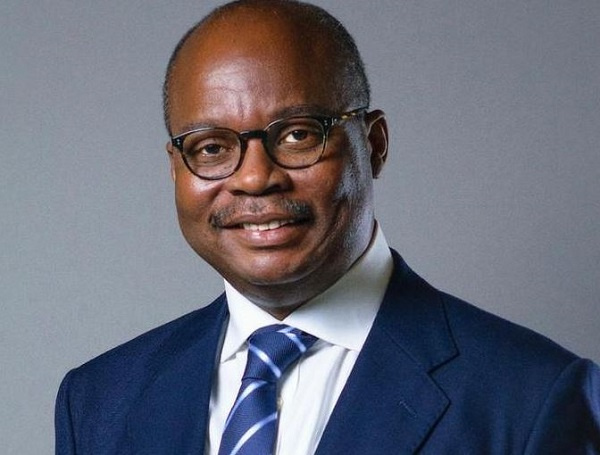Ghana’s trade balance declined marginally at the end of last year on the back of developments in the prices of the major export commodities, together with lower production levels in cocoa and crude oil, the Bank of Ghana has reported.
The country’s trade account recorded a surplus of US$2.63 billion for 2023, lower than a surplus of US$2.87 billion recorded in 2022.
“This decline in the trade surplus was attributed to a greater decline in export earnings relative to imports,” Governor of the central bank, Dr Ernest Addison, said yesterday at the end of the Monetary Policy Committee (MPC) meeting which started last Tuesday to review developments within the ailing economy.
Specifics
Dr Addison said in the year, merchandise exports declined by 4.9 per cent to US$16.6 billion. However, he said gold exports increased by 15.0 per cent to US$7.6 billion benefiting from both volume and price increases.
Cocoa beans exports on the other hand fell marginally by 1.1 per cent to US$1.3 billion on the back of lower volumes and price.
Crude oil exports also decreased significantly by 29.3 per cent to US$3.8 billion driven by reduced volumes and lower prices.
Other exports, including non-traditional exports, also decreased slightly by 1.9 per cent to an estimated value of US$3.1 billion.
On the imports side, payments were lower by 4.2 per cent to US$14.0 billion, driven by both non-oil imports and oil and gas imports. Non-oil imports were estimated at US$9.5 billion, down by 4.6 per cent.
Oil and gas imports also decreased by 3.3 per cent to US$4.5 billion.
Foreign reserves
The country’s gross international reserves, excluding pledged assets and petroleum funds, reflected a significant build-up of US$2.2 billion at the end of December 2023 to stand at US$3.7 billion.
Dr Addison said the build-up was driven mainly by the gold for reserves programme and unwinding of short-term liabilities.
“However, the stock of gross international reserves ended the year at US$5.9 billion, enough to cover 2.7 months of imports of goods and services, from the stock position of US$6.3 billion (2.7 months of import cover) at the end of December 2022,” he said.
Volatilities
The Governor further hinted that the volatilities that characterised the foreign exchange market in January 2023 dissipated and the Ghana cedi remained relatively stable throughout the rest of the year.
“The stability in the foreign exchange market hinged on improved inflows from the International Monetary Fund Extended Credit Facility (IMF ECF) first tranche, the domestic gold purchase programme, remittances, and FX purchases from mining and oil companies, amid monetary policy tightening.
These were further supported by the release of COCOBOD loan facility in December 2023,” he added.
Over all, he said excluding the sharp depreciation of 20.6 per cent in January, the Ghana cedi cumulatively depreciated by 7.2 per cent against the US dollar between February and December 2023.
Source: Graphiconline

